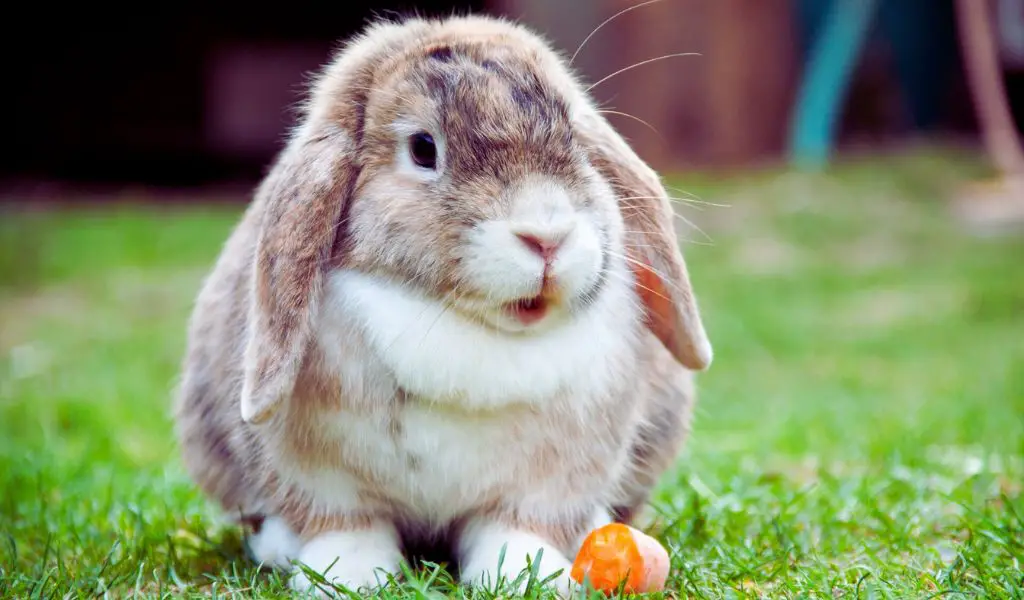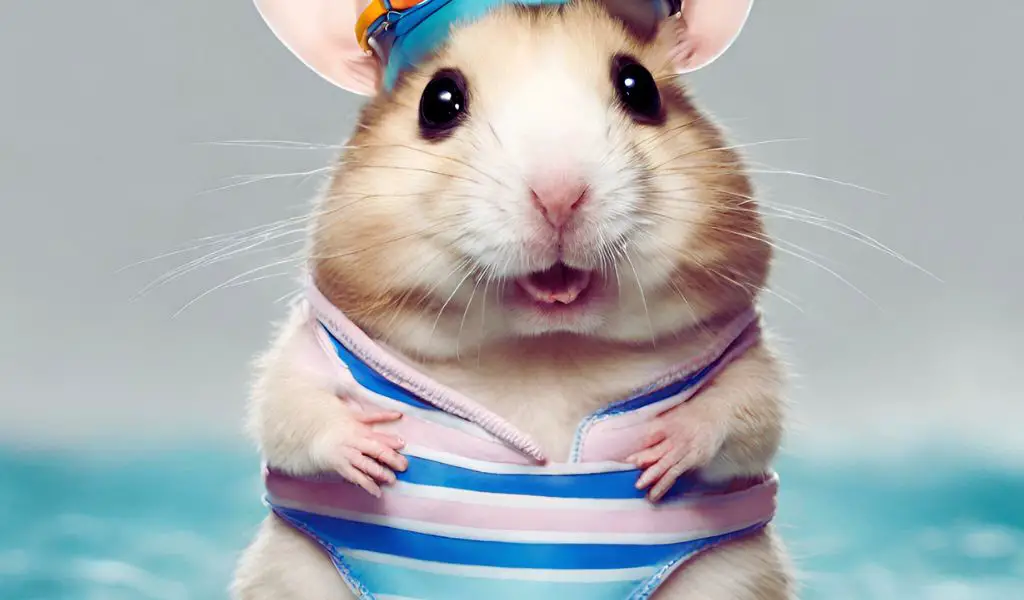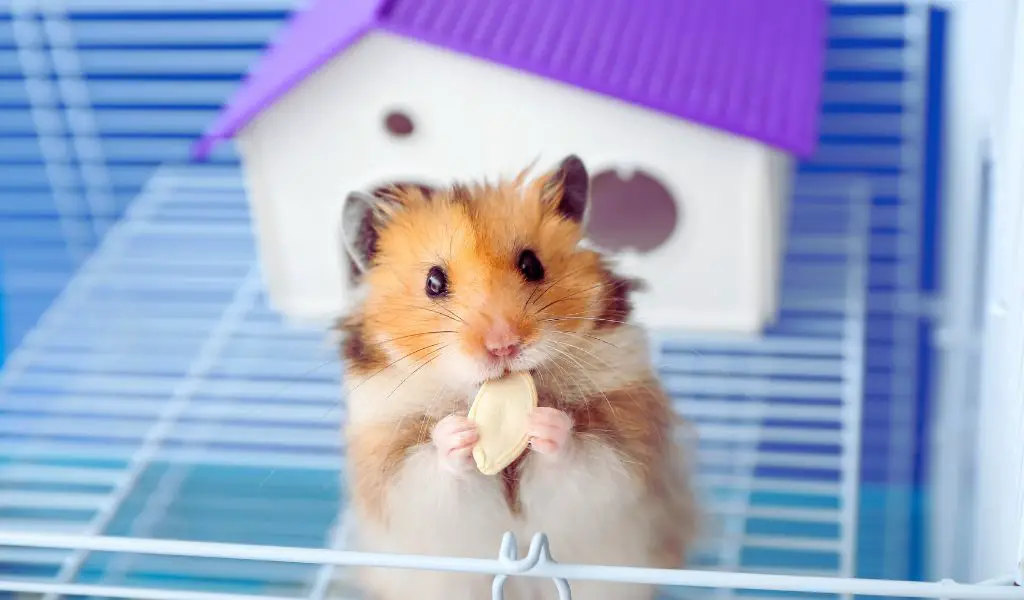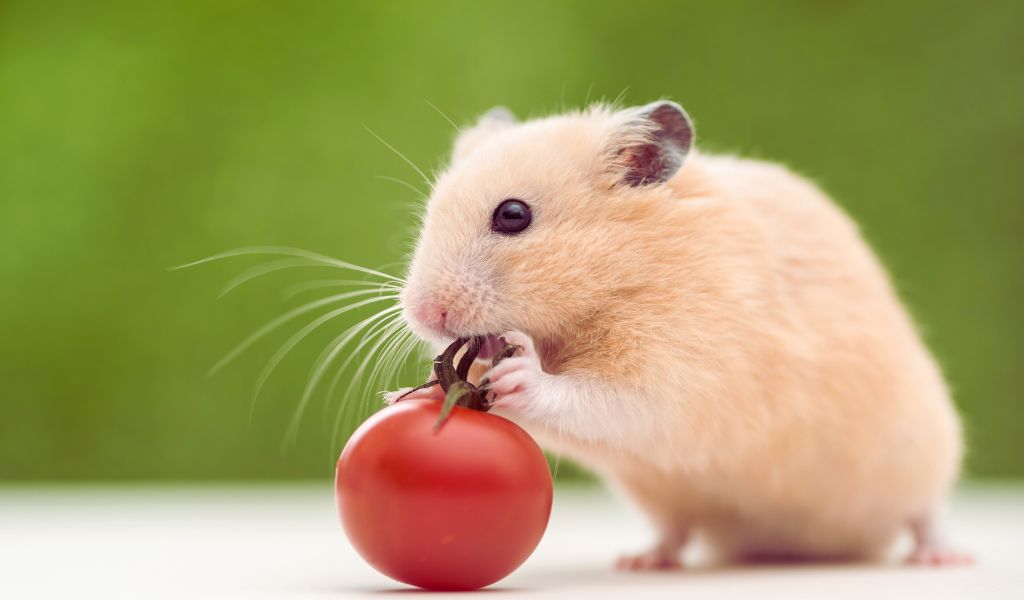As rabbit enthusiasts, we’re privileged to witness the joy and companionship these furry friends bring into our lives.
Yet, as they age, our senior rabbits require special attention to ensure their golden years are as comfortable and joyful as possible.
This comprehensive guide aims to provide you with actionable insights and tips to care for your aging rabbit, covering every aspect from diet adjustments to environmental modifications and health care strategies.
Understanding Senior Rabbits
Recognising the Signs of Aging in Rabbits
Rabbits are considered senior once they reach 5 to 6 years of age, though larger breeds may age more quickly.
Signs of aging include decreased activity, weight loss or gain, changes in appetite, and a more pronounced susceptibility to health issues such as dental disease, arthritis, and vision impairment.
Recognising these signs early is pivotal in adapting their care routine to their evolving needs.
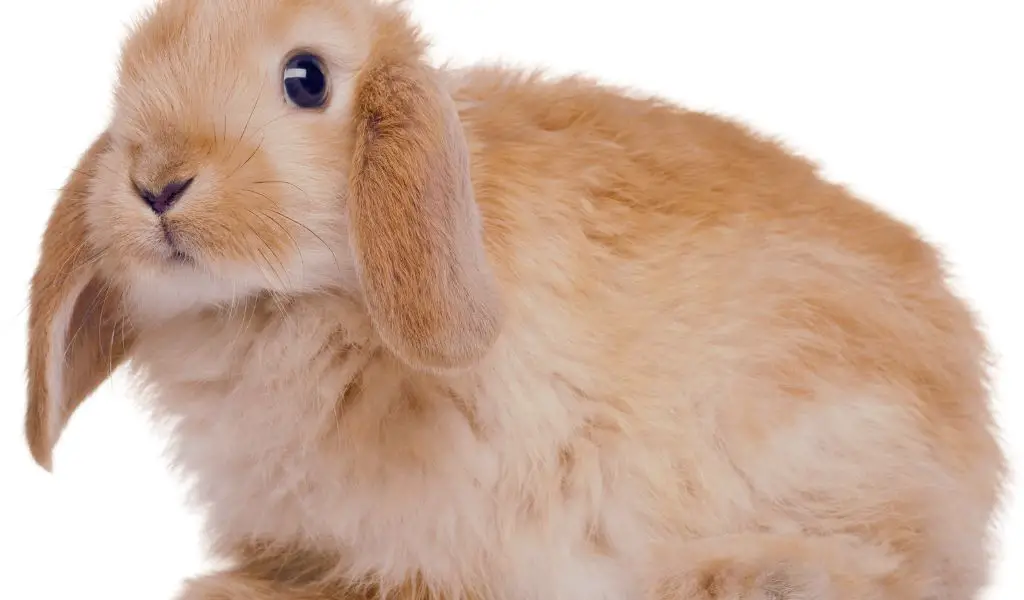
Special Needs of Senior Rabbits
With age, rabbits face a decline in their physical and sometimes mental capabilities.
They may become less mobile due to arthritis, experience digestive sensitivities, or face a weakened immune system.
It’s crucial to preemptively adjust their living conditions, diet, and healthcare to mitigate these challenges.
Creating a Comfortable Living Environment
Adjusting the Living Space
Senior rabbits benefit from a living space that accommodates their decreased mobility.
Ensure their habitat is easily accessible, with ramps for elevated areas if necessary.
Keeping the environment free from hazards, such as wires or slippery surfaces, can prevent injuries.
The Importance of Soft Bedding
Soft, supportive bedding is essential for preventing pressure sores and providing comfort to rabbits with arthritis.
High-quality straw or fleece liners can offer the necessary cushioning and warmth.
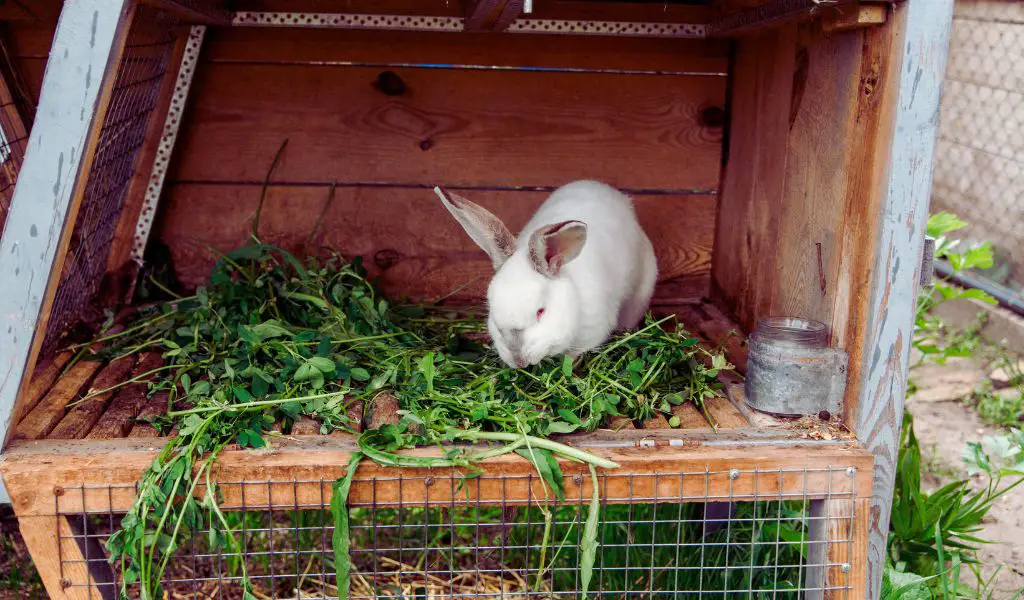
Diet and Nutrition
Adjusting Your Rabbit’s Diet with Age
As rabbits age, their dietary needs shift.
A high-fiber diet remains crucial, but the balance of nutrients may need tweaking to support kidney function and weight management.
Incorporate a variety of hay, fresh leafy greens, and a limited amount of pellets to ensure a balanced diet.
Supplements for Senior Rabbits
Certain supplements can enhance your senior rabbit’s quality of life. Omega-3 fatty acids can support joint health, while probiotics may aid digestion.
Always consult with a veterinarian before introducing any new supplements to your rabbit’s diet.
Health and Wellness
Regular Veterinary Check-ups
Annual check-ups are essential for monitoring your rabbit’s health, but senior rabbits may require more frequent visits.
Regular dental checks, blood tests, and assessments for any signs of chronic conditions should be part of their healthcare routine.
Managing Chronic Conditions
Common issues like arthritis, dental disease, and digestive problems need careful management.
This may include medication, dietary adjustments, and in some cases, surgery.
A proactive approach to health care can significantly improve your rabbit’s comfort and longevity.
Exercise and Enrichment
Safe Exercise for Senior Rabbits
While less active than their younger counterparts, senior rabbits still require exercise to maintain their health.
Focus on gentle activities that encourage movement without straining their bodies.
Simple exercises, like encouraging them to move around their enclosure for food, can be effective.
Mental Stimulation Activities
Keeping your senior rabbit’s mind engaged is just as important as physical exercise.
Enrichment activities such as puzzle feeders, new toys, or safe objects to explore can help prevent boredom and maintain cognitive function.
Social Interaction and Bonding
The Role of Companion Rabbits
If your senior rabbit is used to companionship, ensuring they continue to have social interactions is vital.
However, be mindful of their energy and health status when introducing new companions to avoid stress.
Human-Rabbit Bonding Time
Quality time spent with your rabbit can significantly enhance their happiness.
Gentle grooming, petting, and even quiet time together can strengthen your bond and provide the emotional support your senior rabbit needs.
Caring for a senior rabbit requires a blend of love, patience, and attentiveness to their changing needs.
By adapting their environment, diet, and healthcare, you can ensure your furry friend enjoys a comfortable, fulfilling life in their later years.
Remember, the goal is to celebrate every moment with your senior rabbit, cherishing the unique joys that come with their golden years.
FAQs
How can I tell if my rabbit is in pain?
Senior rabbits may not always show obvious signs of pain. Look out for changes in behaviour, such as reluctance to move, decreased appetite, or changes in posture. If in doubt, consult your vet.
Can senior rabbits still enjoy outdoor time?
Yes, with careful supervision. Ensure the outdoor area is safe and secure, and avoid extreme temperatures to protect their health.
What should I do if my senior rabbit stops eating?
A loss of appetite can be a sign of serious health issues. Contact your veterinarian immediately as rabbits can deteriorate quickly without food.
How often should senior rabbits visit the vet?
At least once a year, though more frequent visits may be necessary for rabbits with chronic conditions or those over 7 years old.
Can I introduce a new rabbit to my senior rabbit?
Yes, but it must be done gradually and under close supervision to ensure both rabbits are comfortable and stress-free during the process.

